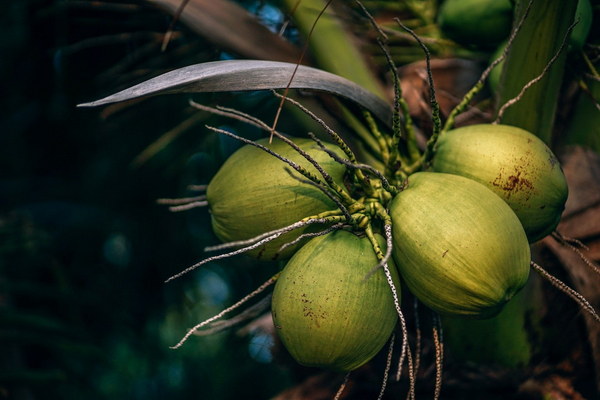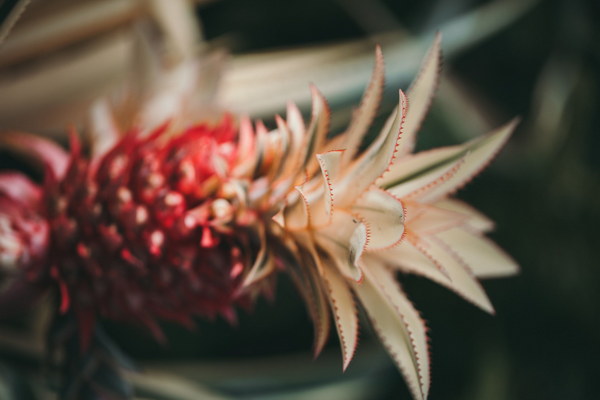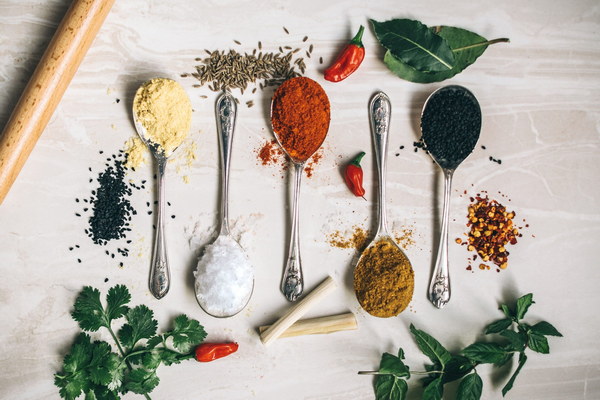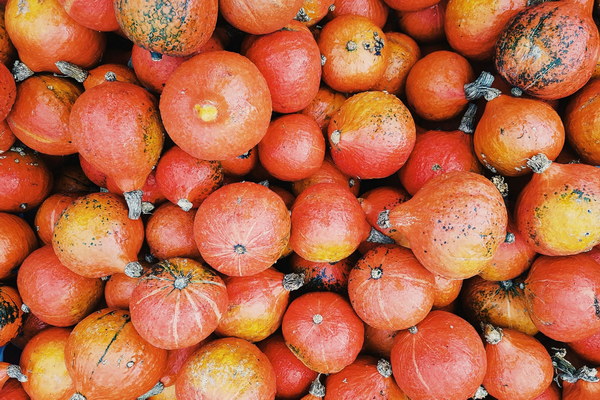Unveiling the Magic of Traditional Chinese Medicine The Top Herbs for Eliminating Dampness
In the realm of Traditional Chinese Medicine (TCM), dampness is considered a common health issue that affects many individuals. Dampness is believed to arise from an imbalance in the body's Yin and Yang, leading to symptoms such as fatigue, bloating, and weight gain. To combat this problem, TCM practitioners have identified several effective herbs that can help eliminate dampness. In this article, we will explore the top herbs for eliminating dampness and their benefits.
1. Astragalus (Huang Qi)
Astragalus is one of the most widely used herbs in TCM for eliminating dampness. It has been shown to boost the immune system, improve energy levels, and reduce swelling. This herb is often combined with other herbs to enhance its effectiveness in treating dampness-related conditions.
2. Poria (Fu Ling)
Poria is a fungus commonly used in TCM to eliminate dampness. It is believed to have diuretic properties, which can help reduce bloating and fluid retention. Poria is also known for its ability to support the spleen and kidney functions, which are crucial in maintaining a healthy balance of dampness in the body.
3. Atractylodes (Cang Zhu)

Atractylodes is a well-known herb in TCM for treating dampness and spleen deficiency. It helps improve digestion, alleviate bloating, and reduce weight gain. Atractylodes is often used in combination with other herbs to address specific dampness-related symptoms.
4. Cinnamon (Rou Gui)
Cinnamon is a popular spice that has also been used in TCM for eliminating dampness. It has warming properties that help improve circulation and boost metabolism. Cinnamon is often used in combination with other herbs to treat cold limbs, fatigue, and joint pain, which are often associated with dampness.
5. Alisma (Ze Xie)
Alisma is a herb that has been used in TCM for thousands of years to eliminate dampness and treat edema. It is believed to have a diuretic effect, which can help reduce bloating and fluid retention. Alisma is also known for its ability to improve digestion and alleviate symptoms of spleen and kidney deficiencies.
6. Rehmannia (Shu Di Huang)
Rehmannia is a commonly used herb in TCM for nourishing the blood and eliminating dampness. It is often combined with other herbs to treat conditions such as anemia, fatigue, and joint pain. Rehmannia has been shown to support kidney function, which is essential in maintaining a healthy balance of dampness in the body.
To effectively use these herbs for eliminating dampness, it is essential to consult with a qualified TCM practitioner. They will assess your individual condition and create a personalized herbal formula that addresses your specific needs. While these herbs can be beneficial for many people, they may not be suitable for everyone, so it is crucial to seek professional advice before starting any herbal treatment.
In conclusion, Traditional Chinese Medicine offers a wealth of knowledge and remedies for treating dampness. By incorporating these top herbs into your treatment plan, you can help alleviate dampness-related symptoms and achieve a healthier, more balanced life. Remember to consult with a TCM practitioner to ensure that the herbs you choose are appropriate for your specific condition.









